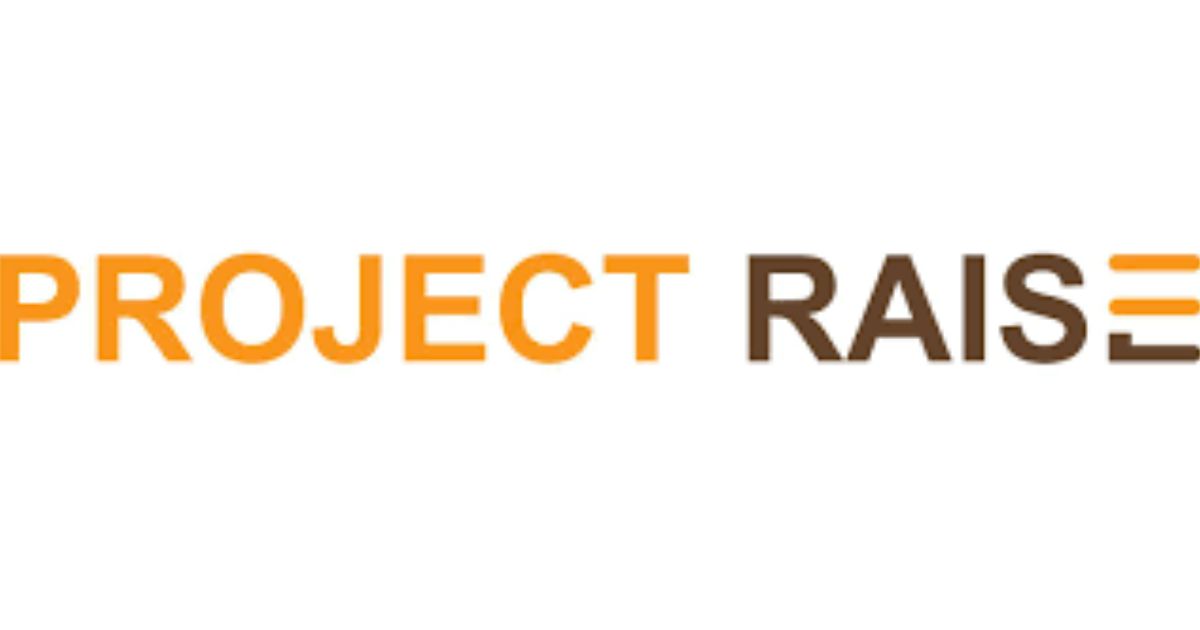As the shortage of mental health professionals in schools across Tennessee reaches a critical point, exacerbated by the challenges of the ongoing pandemic, a new state program RAISE emerges as a potential solution to bridge the gap and provide essential support to students in need.
The shortage of mental health professionals in educational settings has dire consequences, leaving many students without the necessary assistance to address their mental health challenges.
Alisa LaPolt, the Policy & Advocate Director for the National Alliance on Mental Illness (NAMI), highlighted the gravity of the situation, stating, “What we’re hearing from people in the hospital industry is that emergency departments are filled with pediatric children who are going through a mental health crisis, which means they’re not getting the help they need upfront before their condition turns into a crisis.”
Project RAISE To Provide Mental Health Support
MTSU and other institutions have joined Project RAISE, aiming to offer professional mental health services to all students within rural districts, ensuring accessibility for these communities.
NAMI is an organization dedicated to supporting children and young adults affected by mental illness, with the overarching goal of helping them lead healthy, fulfilling lives with the support of a caring community.
The 2023 Tennessee Child Fatality Report delivers sobering statistics, revealing that suicide stands as the second leading cause of death among children aged 10-14 years old in the state.
Although there has been a gradual decline in these numbers, advocates stress the importance of remaining vigilant and proactive in addressing this critical issue.
LaPolt emphasized the complexity of the challenge, saying, “It’s critical from a policy-making standpoint, and it’s also critical from a funding standpoint, and the thing of it is the answer is so complex.”
The shortage of mental health professionals in schools is a multifaceted issue that requires a multifaceted solution.
The challenges go beyond funding; they encompass policy changes, training, and the mobilization of resources to provide adequate support to students facing mental health crises.
In response to these pressing concerns, Tennessee is rolling out a new program designed to bolster mental health services in schools.
While the program aims to address the shortage of mental health professionals, it also seeks to provide early intervention and preventative measures to students who may be at risk.
The new state program acknowledges that addressing mental health challenges among students is not a one-size-fits-all solution.
Instead, it adopts a multi-pronged approach that involves policy changes, investment in training, and the allocation of resources to empower schools and educators to better support their students.
From a policy perspective, Tennessee recognizes the need for critical reforms that facilitate the integration of mental health services into the school system.
This includes creating a supportive framework for mental health professionals to work within schools, ensuring that their services are readily accessible to students.
Investment in training and skill development is another vital component of the program. Educators and school staff will receive training to identify signs of mental health issues in students and provide the necessary initial support.
Resource allocation forms the backbone of this initiative. It involves the allocation of funding and personnel to increase the number of mental health professionals available in schools. Additionally, resources will be directed towards enhancing the capacity of schools to handle mental health challenges effectively.
Addressing the mental health crisis among students in Tennessee requires collaboration from various stakeholders, including policymakers, educators, parents, and the wider community.
By working together, these entities can create a comprehensive support system that prioritizes the well-being of students and ensures that mental health issues are identified and addressed promptly.
The urgency of the situation demands immediate action, and Tennessee’s new program represents a significant step forward in addressing the shortage of mental health professionals in schools.
As the state moves forward, the hope is that this multi-faceted approach will provide the necessary tools and resources to support student’s mental health, ultimately improving their overall well-being and ensuring that their needs are met before crises emerge.

























